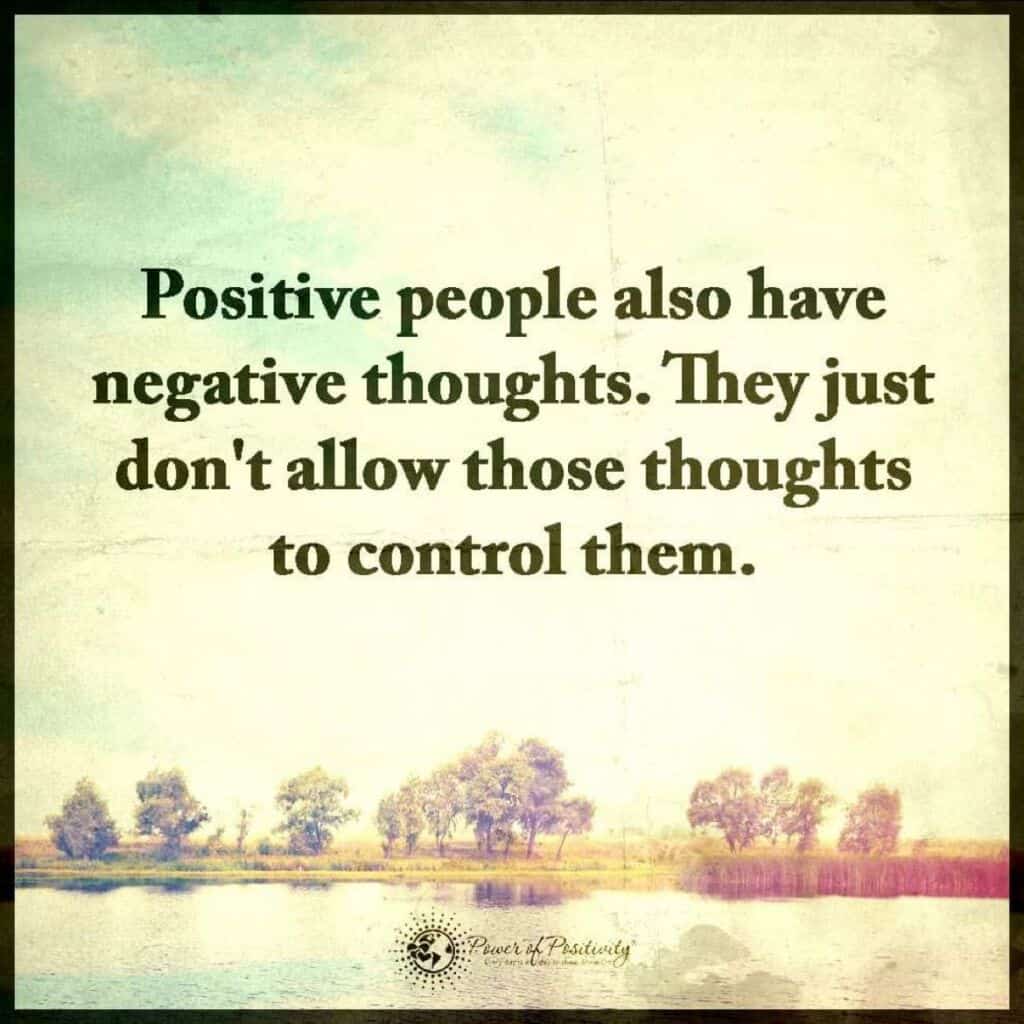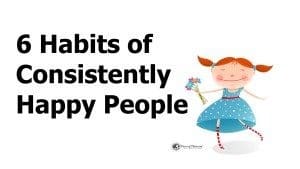During pregnancy, an expecting mother has to not only consider her own health but the health of her unborn child, as well. With this need, it is crucial to think about which foods are healthy and which foods are a potential danger for pregnant women. Cravings do make it difficult to resist, but those fast food should be avoided whenever possible.
While junk food, food that is high in sodium, anything that contains caffeine, and many other well-known dietary restrictions are easy to determine or remember for expecting mothers, the question of take-out food is a popular one. Moreover, it is one that doesn’t seem to have a perfect answer out there quite yet.
Luckily, some obstetricians revealed the danger of fast food for pregnant women. Therefore, the answer is clearer than ever that fast food is extremely harmful to both the mother and the unborn baby. Pregnancy is hard enough without the constant worry about safe and unsafe foods, and it also may be hard to give up favorite foods without a valid explanation, however.
Take out food contains harmful chemicals and ingredients, which are even worse for pregnant women and unborn babies than for other people. Pregnancy is a time when it is essential to consume the proper vitamins and nutrients, and knowing the dangers of takeout food or other junk food is so important when figuring out what to avoid.
The Danger of Fast Food for Pregnant Women
1. It contains high amounts of salt.
Too much sodium during pregnancy can make a pregnant mom swell up, retain water, and just feel downright miserable. Sodium can also lead to high blood pressure, which makes a heart work harder.
2. Fast food contains high amounts of sugar, chemicals, and unhealthy fat.
Take out food contains lots of sugar, chemicals, and unhealthy fat, all of which should be limited in a pregnancy diet. These ingredients aren’t healthy for anyone, but an unborn baby is put at an even higher risk than others. This type of food also contains high amounts of cholesterol.
3. Take out food causes rapid weight gain.
It causes more weight gain during pregnancy, and it causes the weight gain to happen more quickly, too. This leads to obesity and gestational diabetes, which would force a pregnant woman to follow a strict diet and cause problems for the baby.
The rapid weight gain during pregnancy may also be hard to lose postpartum since it contains high amounts of fat and calories.
Rapid weight gain during pregnancy can also cause high blood pressure, more frequent and severe backaches, and leg pain. Additionally, it can increase the likelihood of a cesarean section or cause long-term health problems.
4. It causes discomfort.
Pregnancy is already an uncomfortable time for a pregnant woman, and this unhealthy food only increases the discomfort. It can cause gas, bloating, hemorrhoids, and indigestion, among other unpleasant feelings.
5. Fast food during pregnancy is linked to allergies and asthma.
2019 study indicates that women who consumed high amounts of the sugars found in fast food had children who developed asthma and allergies. Both asthma and allergies can be life-threatening and can impact a child for the rest of their lives.
6. It can lead to low birth weight.
Take out food contains a chemical called acrylamide, which has been linked to low birth weight in babies and a smaller than average head circumference.
7. The menu has no nutritional value.
During pregnancy, the woman and unborn baby both need healthy amounts of essential nutrients. Since essential nutrients won’t be found in this junk food, an expecting mother should be careful of filling up on it.
8. Fast food can cause a lack of energy.
These foods are all highly refined, which causes a large number of carbohydrates to get into your bloodstream quickly. It then causes blood glucose levels to become too high, which stimulates the production of insulin. When this occurs, a person will feel energetic, and then one minute later feel lethargic and ready for a nap.
9. It can cause serious health complications.
The trans fats found in this unhealthy food are one of the most harmful ingredients consumed in any diet. They lead to heart disease, diabetes, stroke, high cholesterol, and inflammation.
10. It can cause stress, anxiety, and other mental problems.
During pregnancy, a woman’s mental health is essential not only for herself but for the well being of her unborn child. An unborn child is directly affected when a mother is not in a good place mentally. The chemicals found in these foods are linked to mental health issues and severe stress, making it an option that should be avoided whenever possible.
11. Dental health may be compromised.
During pregnancy, an unborn baby gets nutrients from its mother. This means that calcium and other essential nutrients that a mom is consuming are actually taken from the mother’s body and into the baby’s. When this happens, a mother may develop brittle fingernails and weakened teeth.
Many times, a pregnant mother will find herself with cavities and other oral health issues because of this. When adding in all of the sugars that are found in takeout food and the accompanying beverages, an expecting mother’s dental health suffers even more. In order to protect it and prevent tooth decay, added sugars should be avoided.
The Lasting Effects of Fast Food During Pregnancy
It is essential to think beyond pregnancy and consider the lasting effects the exposure to the chemicals and ingredients this food has on the baby, as well. According to the Journal of the Federation of American Societies for Experimental Biology, children who were exposed to large amounts of takeout food before they were born are more likely to choose diets later in life that contain large amounts of sugar and fat. In turn, these children are more likely to become obese and develop other severe health conditions as they get older.
 What Should Pregnant Woman Choose Instead
What Should Pregnant Woman Choose Instead
Before understanding what an expecting mother should choose to eat, it is crucial to know which essential nutrients a pregnant woman needs. Those nutrients, all important for the health of the mother and the baby, include:
- Folic acid
- Vitamin A
- Vitamin E
- Omega 3 fatty acids
- Calcium
- Vitamin C
- Vitamin D
- Iron
- Zinc
- Protein
- Magnesium
If there are no healthier food options at the time, there are some take out restaurants that offer a few salad or soup options with fresh fruit as the sides. When take out is the only choice, these options usually are the healthiest ones.
Otherwise, chicken or fish sandwiches or a hamburger (all without sauce, cheese, or dressing) are the next best choice. As a drink, a pregnant woman could choose bottled water or milk in place of soda, both of which are an excellent choice for an expecting mother.
If possible, however, an expecting mother should avoid take out food. With time to plan ahead, fresh fruits or vegetables could be eaten as a snack, and seeds or nuts could be a quick protein option until a healthy meal option is available. Other healthy options for on the go include:
- smoothies
- roast beef sandwich on whole grain bread
- a salad made with fresh vegetables at home
- almonds
- string cheese
- a vegetable wrap with hummus
- hardboiled eggs
Generally, if an expecting mother sticks to whole foods (foods that have not been – or have been only slightly – processed or refined and have no artificial substances), the food option is going to be a safe and healthy one.
Final Thoughts on the Dangers of Fast Food for Pregnant Women
Pregnancy is an exciting time, and stress about food and nutrients shouldn’t keep a pregnant woman up at night. It is essential, however, to know what is safe and healthy. Additionally, you should learn what you must avoid, ensuring a healthy pregnancy and a healthy future for both mom and baby.
Obstetricians and other doctors have revealed that take out food is unsafe for expecting mothers and babies. While fast food on occasion is safe and won’t do harm to the expecting mother or baby, forming a habit of eating take out is definitely unsafe for both involved. Being the cause of many severe physical and mental problems, the dangers of fast food for pregnant women are all too real.
When possible, it is wise to plan ahead and prepare or buy healthy snacks and meal options. Choose ones that are easy for on-the-go so you can be sure you don’t get stuck in an unexpected eating situation.














